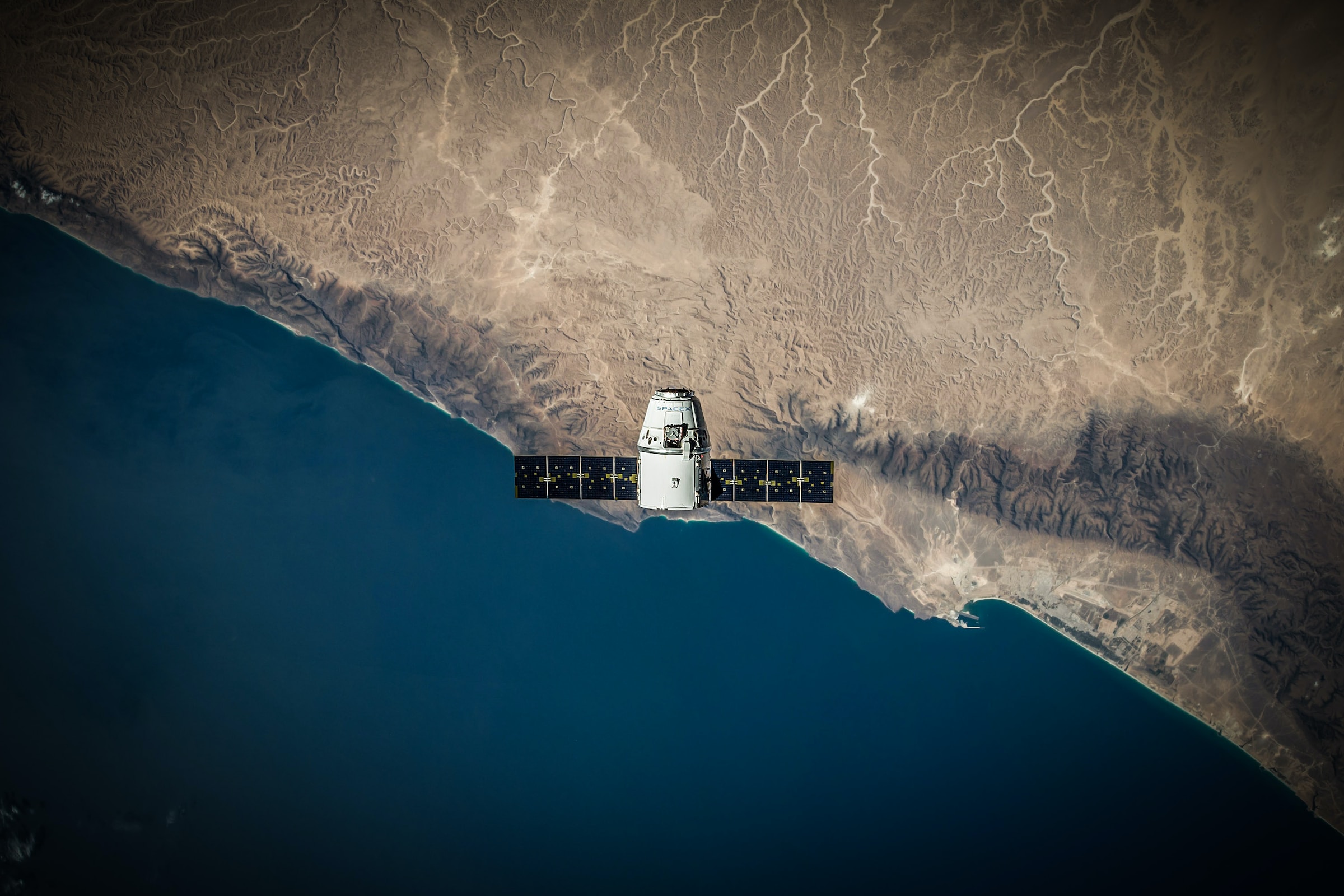
Dish Network Faces Historic Fine: US Government Takes Stand on Space Debris
In an unprecedented move signaling heightened concerns over space sustainability, the US Federal Communications Commission (FCC) has levied its first fine against a company for contributing to the growing menace of space debris, commonly termed as “space junk.”
The Culprit: EchoStar-7
Dish Network, a prominent player in the satellite services sector, has been fined $150,000 (£125,000) for its negligence in managing the EchoStar-7 satellite. Launched in 2002 and placed in geostationary orbit 22,000 miles above Earth, the satellite had outlived its operational life by 2022. However, instead of moving it the requisite 186 miles further from Earth as initially agreed upon, the company managed a mere 76-mile shift due to fuel constraints.
The Bigger Picture: Space Debris
Space junk, officially categorized as space debris, encompasses defunct satellites and discarded spacecraft components. This cosmic litter presents an increasingly significant risk of collisions, endangering operational satellites and other space missions. The FCC, in its statement, highlighted the potential threat the improperly displaced EchoStar-7 could pose to neighboring satellites.

Regulatory Scrutiny Intensifies
Loyaan Egal, the chief of the FCC enforcement bureau, underscored the gravity of the situation. “As we witness a boom in satellite operations and the burgeoning space economy, ensuring compliance with commitments is paramount,” he stated. “This landmark settlement underscores the FCC’s unwavering commitment to enforcing its critical space debris regulations.”
Although Dish Network’s penalty seems minuscule against its 2022 revenue of $16.7bn, the fine’s significance extends beyond its monetary value. Dr. Megan Argo, a senior astrophysics lecturer at the University of Central Lancashire, elucidated the broader implications: “This pioneering regulatory action is poised to be a wake-up call for the industry. The precedent set implies a higher likelihood of similar actions in the future.”
She further elaborated on the cascading danger of space debris. “The increasing volume of objects in orbit amplifies collision risks, resulting in high-speed debris. Such debris can potentially wreak havoc on other satellites, setting off a domino effect.”

A Sky Full of Debris
Historical data indicates an alarming trajectory. Since the launch of the first satellite in 1957, over 10,000 satellites have graced the Earth’s orbit, with more than half now non-functional. NASA’s recent findings reveal a staggering 25,000+ space debris fragments, each exceeding 10cm in length.
Bill Nelson, NASA’s chief, expressed his concerns in a recent interview with the BBC. “Space junk is evolving into a grave concern,” he remarked. Highlighting the severity, he added, “Even minuscule fragments like paint chips, traveling at orbital speeds of 17,500 mph, can pose fatal threats to astronauts on spacewalks.”
Towards a Cleaner Cosmos
This latest action against Dish Network underscores the urgent need for stringent space sustainability practices. As we venture deeper into space exploration and commercial space endeavors, ensuring the safety and longevity of our orbital environment becomes paramount. The fine on Dish Network may just be the first step in a long journey towards a cleaner, safer cosmos.
©eco-guardians.org